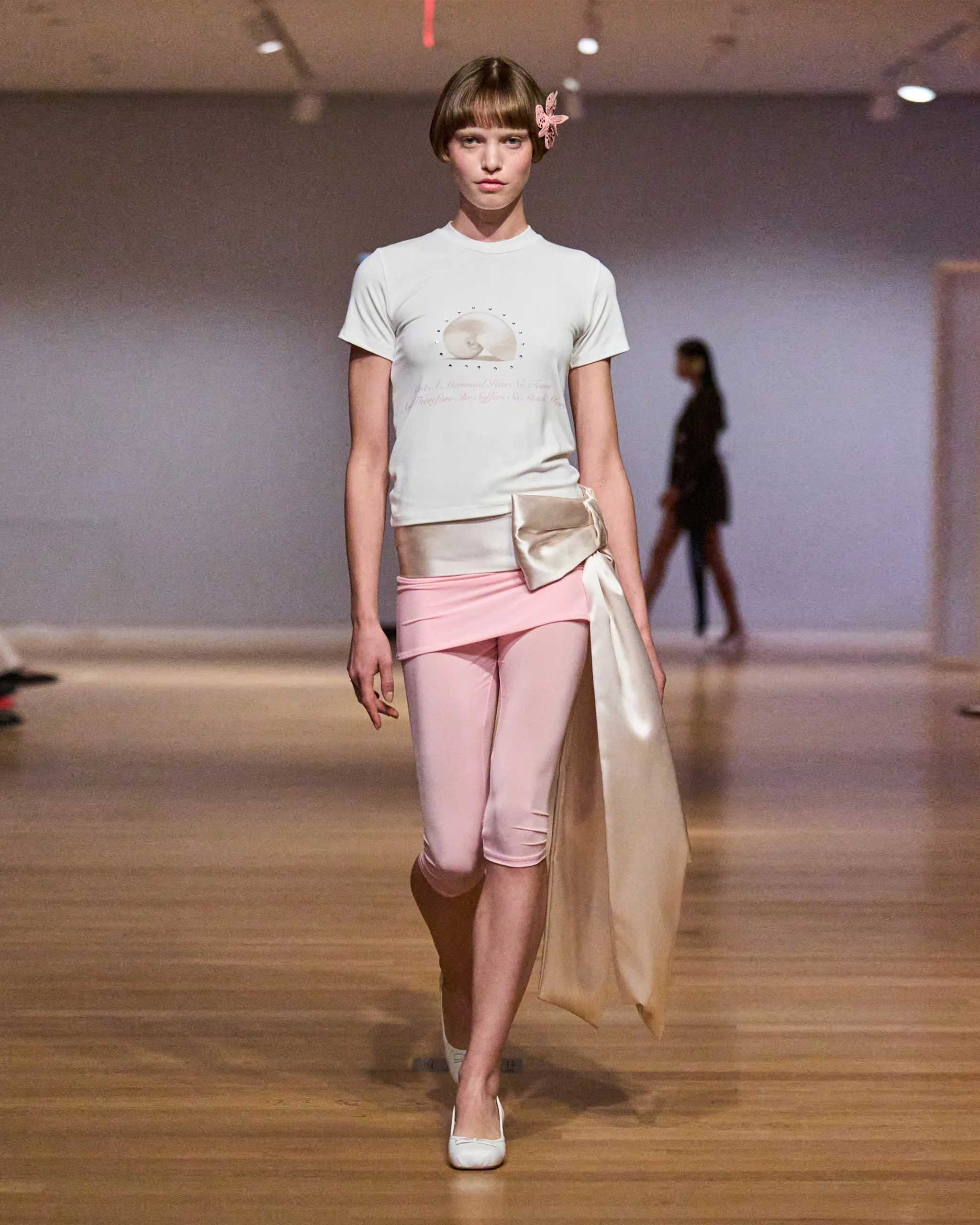Sandy Liang spring 2024 Photo: Filippo Fior / Gorunway.com
Somewhere between the spring and fall 2024 seasons, Sandy Liang’s customer traded in her sheer lace babydoll dresses for matching skirt suits. It’s been a recurring question that fashion critics have posed of the coquettish downtown designer, especially after 2023 saw an explosion of her trademark bows, rosettes, and all things “girlhood”: Where does she go from here?
This season, Liang sent models down the runway dressed for the office, showing a variety of cubicle-friendly looks. It’s only natural that Liang would show growth, but her sartorial shift between collections encapsulates a much larger phenomenon. It seems that, lately, women’s fashion trends have laid bare socioeconomic expectations for how women are to lead their lives, under both patriarchy and capitalism. But are we in on the joke, or the butt of it?
The girlhood trend reined supreme in 2023. Lolita, The Virgin Suicides,Simone Rocha’s fantastical cake-like dresses, Molly Goddard’s cotton candy-esque tulle confections, and Liang’s penchant for girly appliqués were all par for the course. Tenderness reigned supreme; women were encouraged to embrace their femininity and sensitivity. But things went astray when silly trends like “girl math,” and “girl dinner” slid down the slippery slope of gender essentialism, women falling into self-infantilization, and glorifying patriarchal attitudes toward labor. “On the surface, [there was] a lot of content about reclaiming femininity, but that often can have insidious political undertones,” says Daisy Alioto, the CEO of Dirt Media.
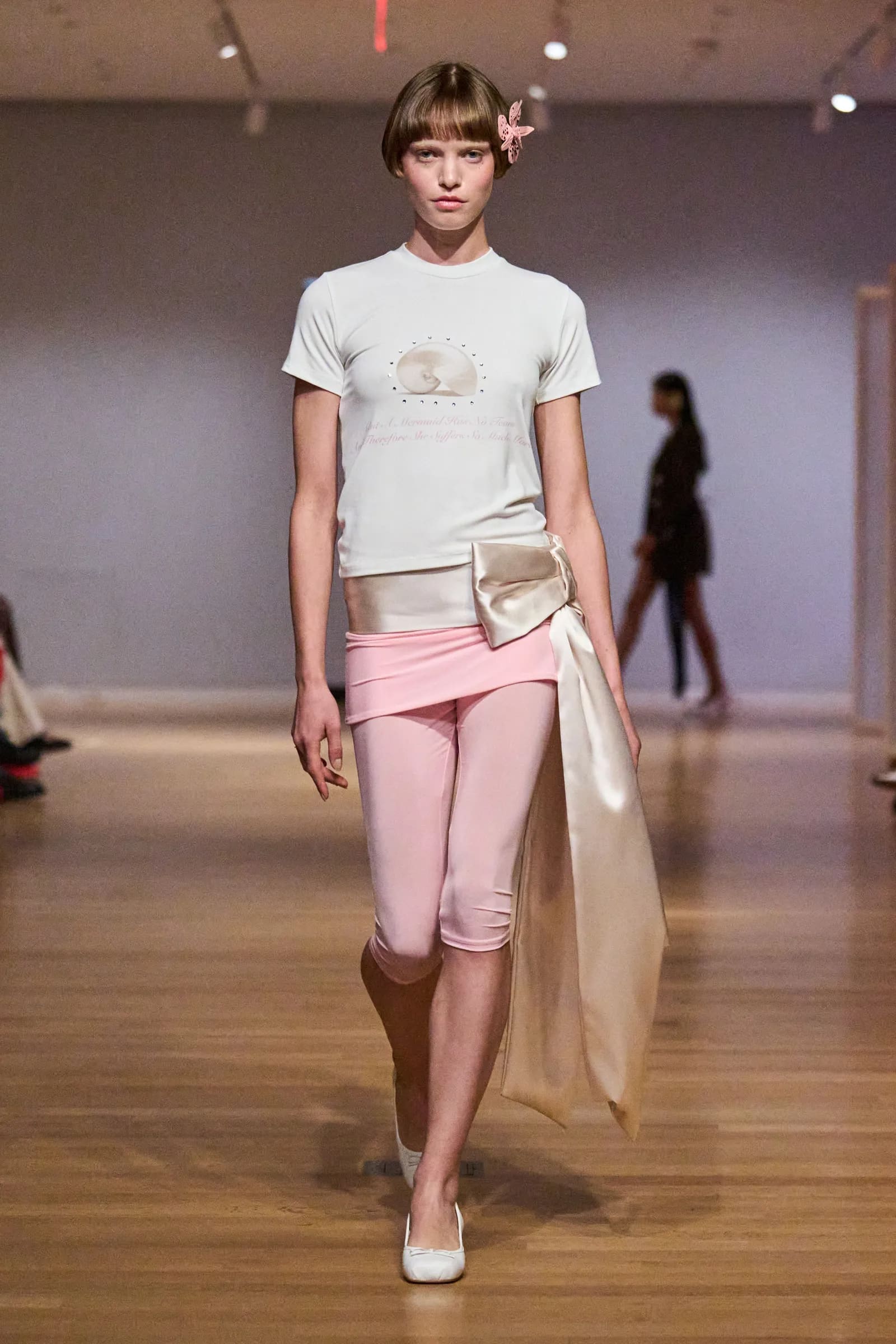
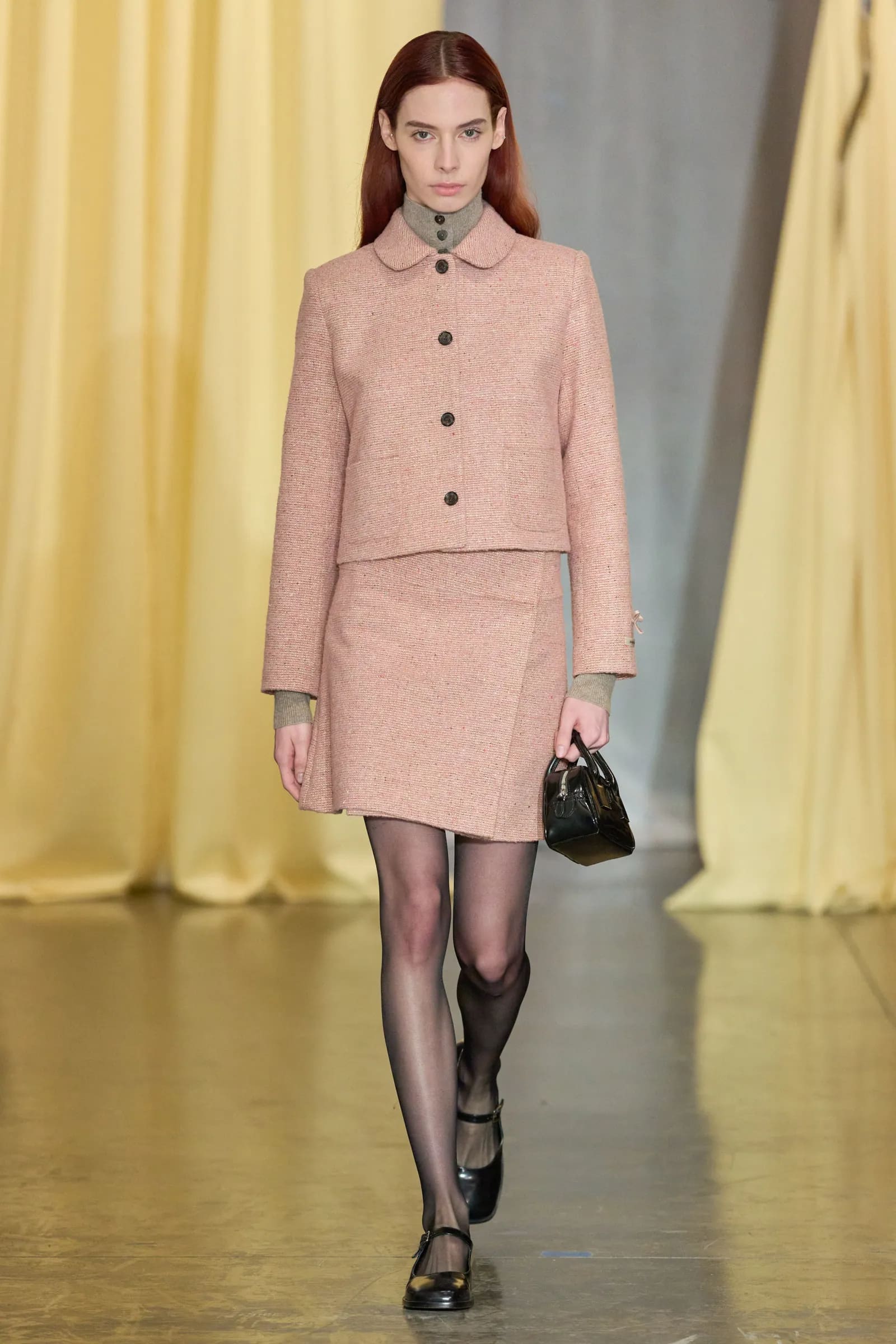
However, with the fast, hot burn of the coquettish girlhood trend lending to a quick death, it was only a matter of time before another aesthetic came to take its place. Now, it seems that The Girl has grown into a member of the workforce. Or, at least, a highly stylistic, idealized version of one. The new trend has many names—“office siren,” “corpcore,” “corporate fetish”—but it’s all the same sexed-up office wear: skintight pencil skirts, button-downs that reveal cleavage aided by a push-up bra, and Bayonetta glasses. (Think Gisele Bündchen’s character in The Devil Wears Prada.)
At first it seemed like a digitally native trend, grabbing a foothold among young women on TikTok, many of whom had probably never worked in a corporate environment. But then it expanded beyond social media. Emily Sundberg, who writes the fashion business newsletter, Feed Me, and coined the term “corporate fetish,” first noticed the office siren emerge with Kim Kardashian’s Skims nipple bra ad, which placed the reality star in a retro, beige office—clunky desktop computer and all. Less than a month later, Kardashian also appeared in a GQ editorial in an office. This year, the brand The Elder Statesman and online luxury retailer SSENSE have also tapped the corporate aesthetic. Celebrities are in on the trend, too. Bella Hadid took the look for a spin in December 2023. Earlier this month, VIP guests at Dior’s fall 2024 show in Paris (including Jennifer Lawrence, Natalie Portman, and Maisie Williams) all tried it out, donning low-cut vests with nothing underneath, or ultra-short skirt sets that would otherwise earn a call to HR.
Sundberg argues that the recent office-wear obsession may just be a further extension of the girlhood trend. “I think that the power suit can easily be the opposite side of the girlhood coin,” she says. “People fantasize about reclaiming a very heightened, specific version of childhood. That might be bows and being a little girl, or it might be seeing your dad go to work in a suit. Those might have the same weight in somebody’s mind, embodying a specific time in their life in a very uniformed way.”
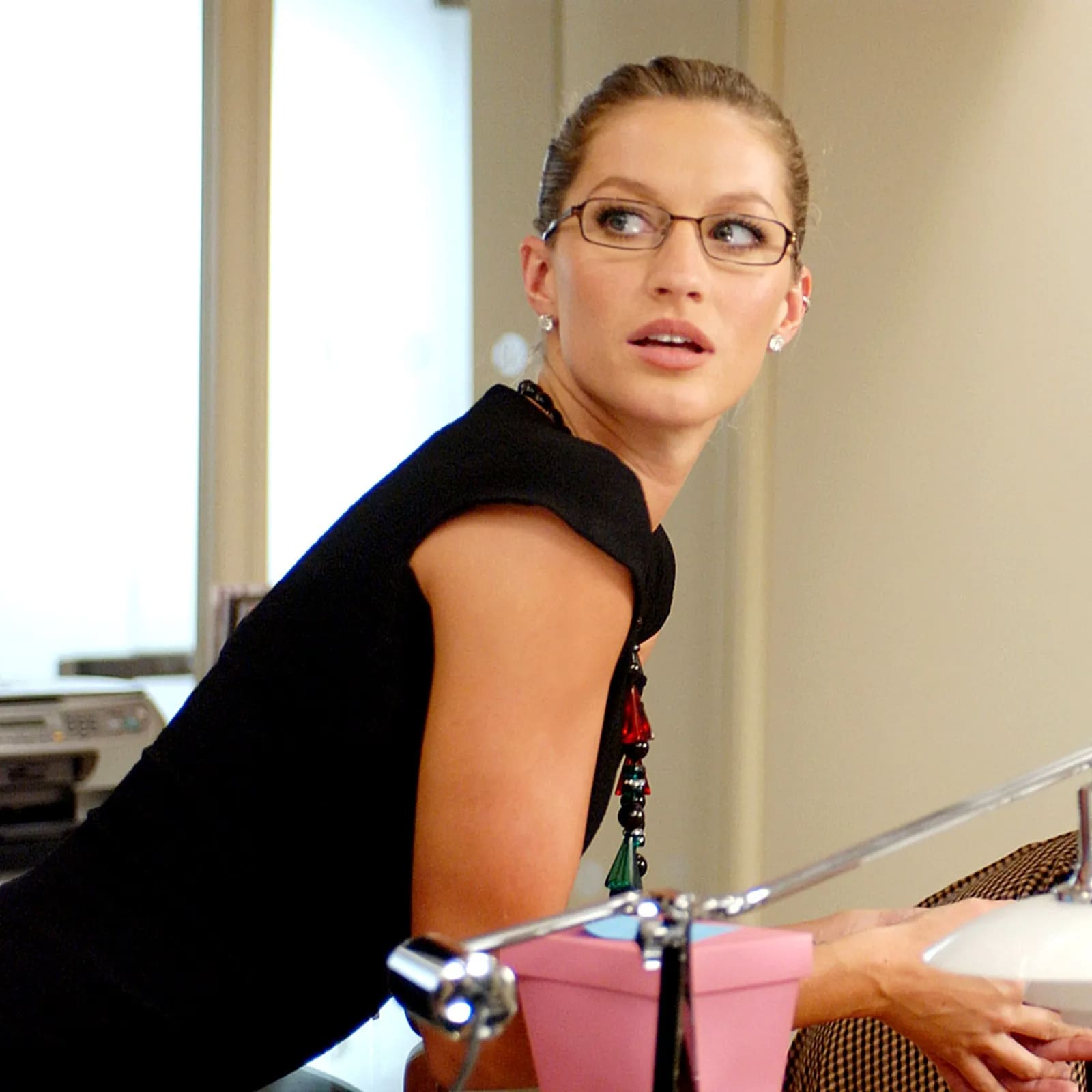
But there is a huge chasm between girlhood and womanhood. One does not put away their bows and ribbons and walk straight into an office—something in between is missing from this rapid trend evolution. “Just because something comes chronologically after girlhood doesn’t mean that that necessarily represents womanhood,” Alioto says. “Womanhood is more than the absence of girlhood.” Both trends can lean into sexualization, often in a misguided response to power imbalance. The distinction? With this office siren trend, people are trying “to be sexualized as women rather than to be sexualized as girls,” Alioto says.
Girlhood may automatically slot women into an submissive role under patriarchal structures that be, but many office siren proprietors fail to acknowledge that wearing a power suit doesn’t inherently grant the wearer power. Alioto notes that the trend fails to recognize workplace dynamics. “Some of the images I’ve seen circulating of women in pencil skirts, and clear rectangular glasses is a lot more submissive,” she says. To her, the choice between being a sexy secretary and a boss is in the eye of the beholder. “It is collapsing a ton of hierarchies within an office space. Everyone would essentially be wearing the same uniform, but some would be in a position of power and some would be submissive.”
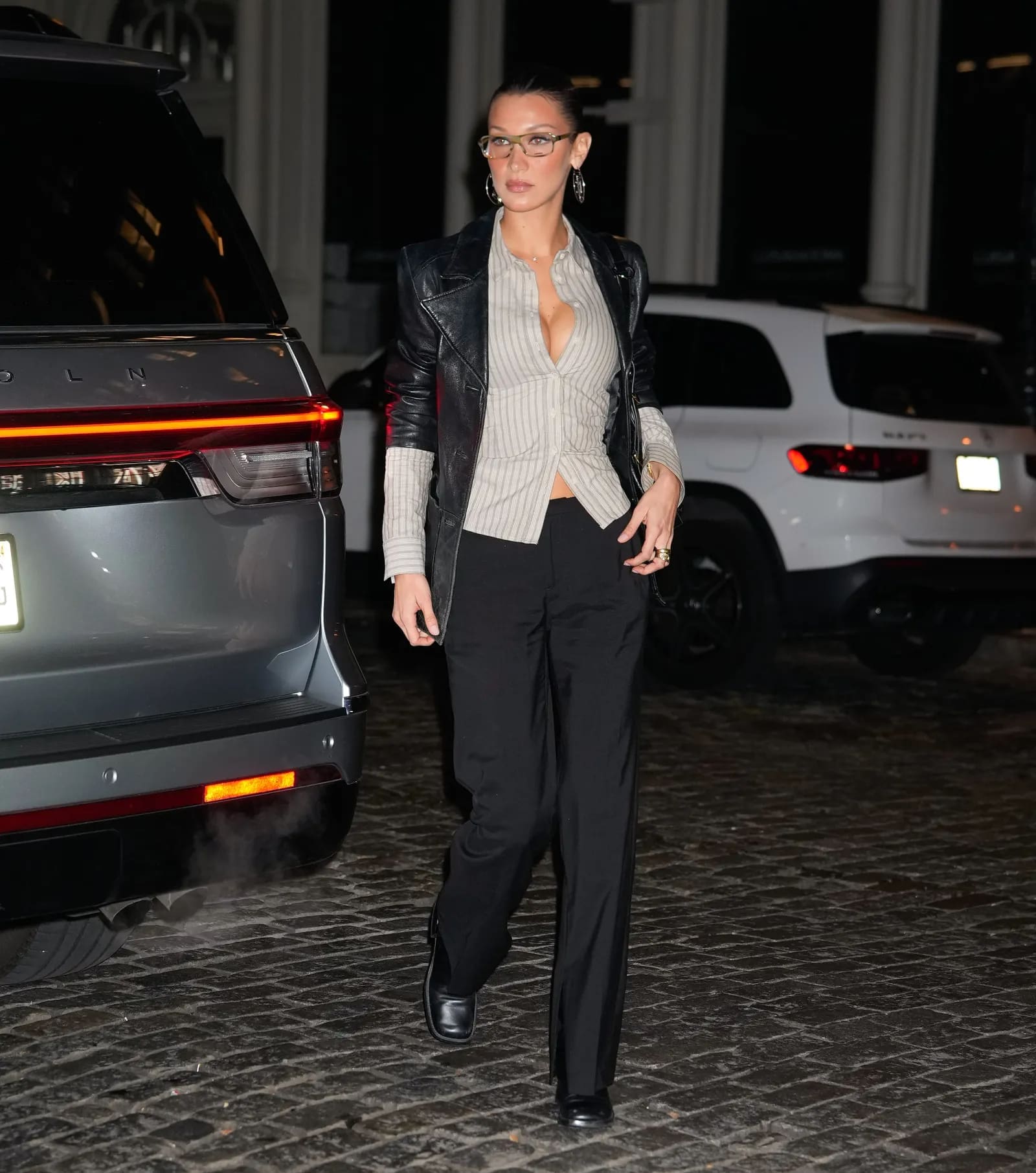
Despite the illusion of choice, it would be naïve to believe that the office siren is exempt from falling victim to patriarchy. The trend’s over-sexed ethos may aim to empower the people (mainly young women) who wear it, but the idea of employing sexuality in a workplace is not exactly the act of authority that many young people think it is. “A lot of the [office siren looks] are super sexualized and it plays out some kind of fantasy about hooking up with your boss or being the hot girl at work,” Sundberg says. “The people who are doing this trend ironically probably realize that it’s generally harmless—especially if we’re talking about people who have never stepped foot in the office, because they really wouldn’t have any sense of how women were sexualized in that environment,” Alioto adds. “But you certainly don’t need to be a woman in an office to be sexualized professionally.”
When it comes to these trends that rely on exaggerations of femininity, regardless of what end of the spectrum they sit on, it’s hard to say whether women are truly harnessing their sexual agency through clothing choices. But as long as we live in a world that continues to erode women’s rights to their own bodies—decisions that are largely made by men—we never really had the power to begin with.
This article was originally published on Vogue.com.
